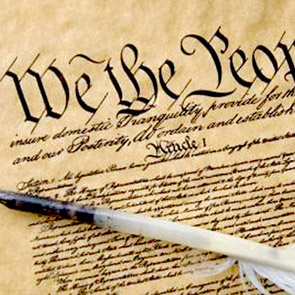Democracy’s Ascendance, Qualified
by admin - February 4th, 2012
Last week we explored the growth of democracy and the expansion of suffrage in antebellum America. This week, the underside of that growth. Who was excluded from the definition of citizenship? Who couldn’t enjoy the fruits of that ripening young democracy? How fair and how widely dispersed was the power to govern in early 19th century America? Whom did the “rule of law” protect and whom did it exploit?
Monday 2/6 – Exceptions to the Rule of Law. Reading is GC Ch 3 from page 110-133 + RV Ch 3
Wednesday 2/8 – Women and Citizenship. Reading is the 1848 “Declaration of Sentiments” (online at the Rutgers Stanton/Anthony Papers Project) and a PDF packet of additional readings that will be posted by Tuesday.

